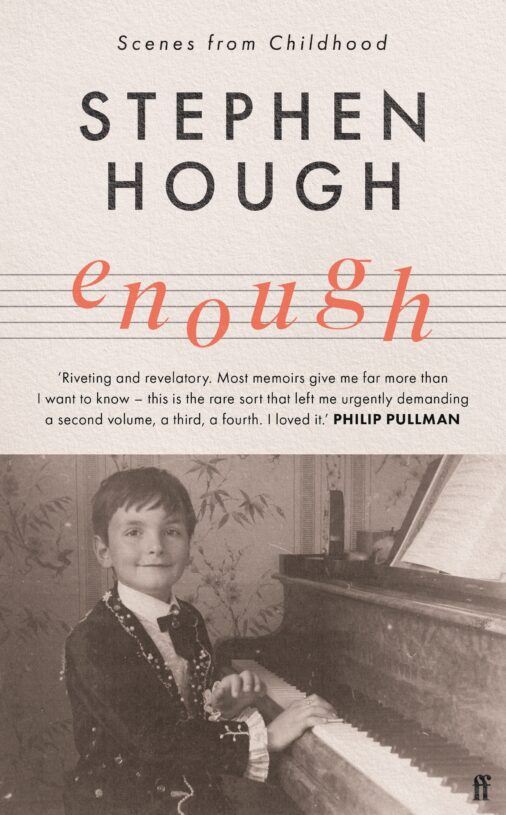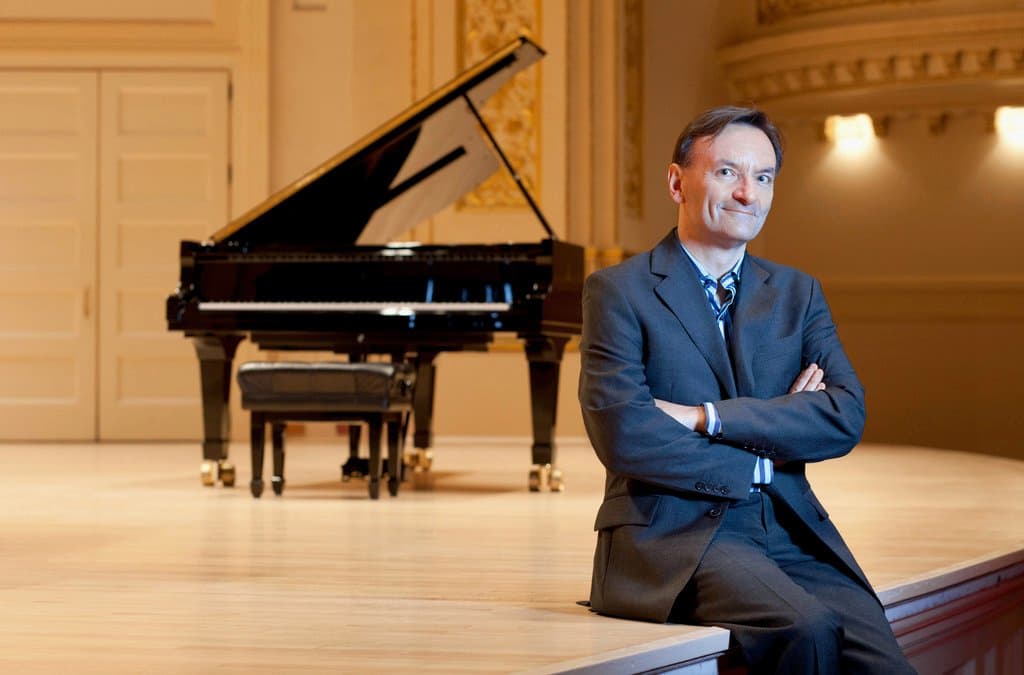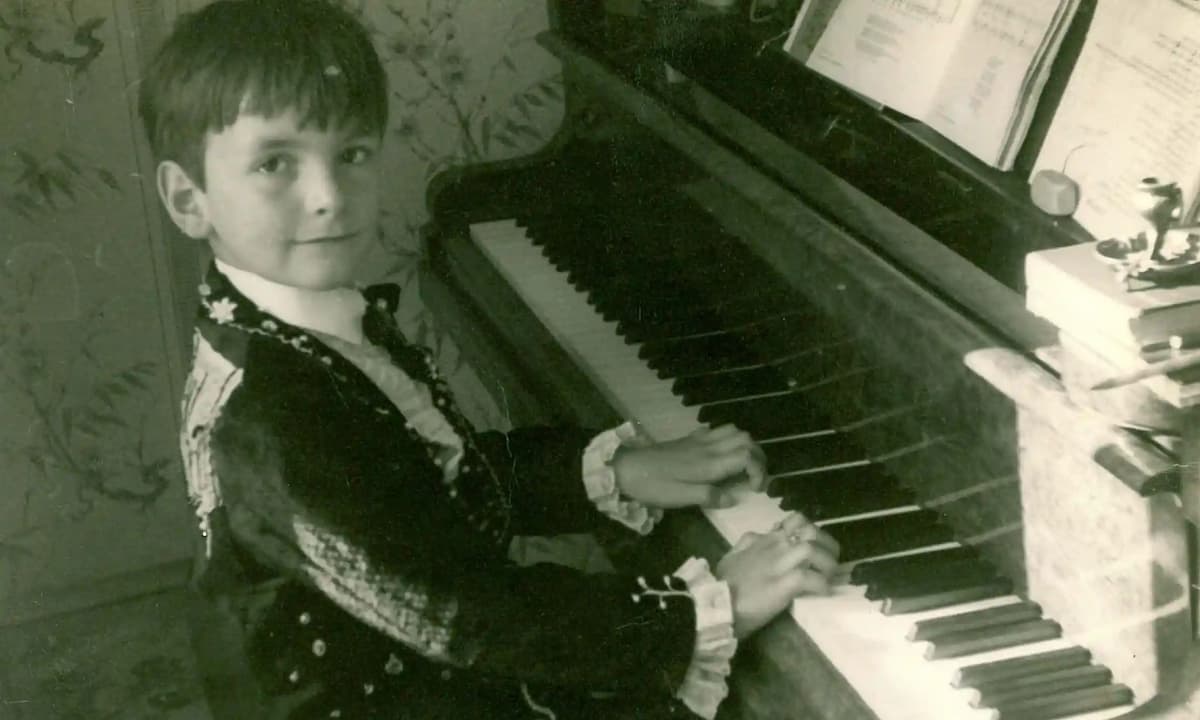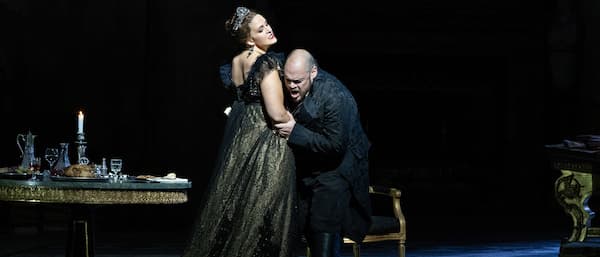The title of this memoir is a clue to just how much, or how little, the author, the celebrated concert pianist and polymath Sir Stephen Hough, is prepared to reveal.
Anyone looking for an account of “how I became a concert pianist” will not find it in this frank, witty, and entertaining account of the first 21 years of Stephen Hough’s life. As the subtitle ‘Scenes from Childhood’ (doubtless a nod to Schumann’s suite of droll piano miniatures) suggests, this book is more about Stephen’s growing up in Liverpool in the 1960s and 70s before going to Chethams, the specialist must school in Manchester, then to the Royal Northern College of Music in Manchester and on to the Juilliard in New York. It’s not a music memoir but an account of a young person growing up to become a musician.

The first part of the book is a series of sharply-drawn vignettes of growing up in the northwest of England in the 1960s and 70. Hough offers an entertaining and nostalgic trip down his personal memory lane, a time when food was bland, there were only three TV channels to choose from, and everyone seemed to smoke. An only child, his home life was chaotic and eccentric, yet his parents were supportive, quick to recognise that his attraction to the piano – an early presence in the narrative – should be encouraged and nurtured. Alongside this early love affair with the piano is Hough’s precocious awareness of his homosexuality (“I knew I was gay before I knew what it was”), and his developing attraction to Catholicism. There are youthful encounters with piano teachers, some who inspired, others who screamed that he would “do nothing” with his life, and we join him on that curious treadmill of music festivals and competitions (the cover of the book shows Hough dressed as Liberace for a piano competition), which many people will recognise from their own childhood musical studies. The tone is companionable, wry and gossipy, sometimes confidential, but there’s an overriding honesty too and a willingness to reveal just enough to keep the reader’s interest piqued and the pages turning.

Stephen Hough
Chethams was a turning point and not in a good way, sadly, for the teenage Hough. Unhappy at school, he became reclusive, bored, and underachieving. Instead of studying, he spent hours watching television, alone in his bedroom with posters of David Bowie and Marc Bolan for company, pondering his conflicting sexual and religious obsessions. At this point, it seems the young Hough may abandon the piano for the priesthood (and it is here, when writing about his conversion to Catholicism and his faith, Hough is at his most eloquent, fluent, and poetic), but when his kindly teacher Gordon Green helps him secure a place at the Royal Northern College of Music at the age of 16, “something sparked into life” and he flourishes in this new environment. Two important events occur at this time, which are emblematic of Hough’s adult life: the first, winning the keyboard category of the newly-launched BBC Young Musician of the Year competition, the second, attending his first Catholic mass.
Now we begin to learn more of the music which excites and consumes him, some of which would become staples of his repertoire. And we meet some of the greatest personalities of the piano world at the time – Sviatoslav Richter, Vladimir Horowitz, Alfred Brendel, and John Ogdon, amongst others.

Stephen Hough as a little boy
The final section of the book sees Hough in New York, a student at the celebrated Juilliard School, and his first time abroad. More extraordinary, eccentric and intriguing characters populate the pages – the formidable Adele Marcus, for example – while away from his piano studies, Hough navigates vibrant, alluring, dirty New York City at a time when AIDS was “in full force but completely unknown and invisible”.
The book ends just after Hough has won the prestigious Naumburg competition and “everything changed overnight”. A full diary of concert engagements and trans-Atlantic travel signals the beginning of a new era in Hough’s life. It is at this moment that he truly became a professional pianist.
Stephen Hough Plays Bach/Gounod/Hough, Méditation (Ave Maria)
Enough by Stephen Hough is published by Faber & Faber Ltd in the UK.
For more of the best in classical music, sign up to our E-Newsletter


Absolute Perfection 👌